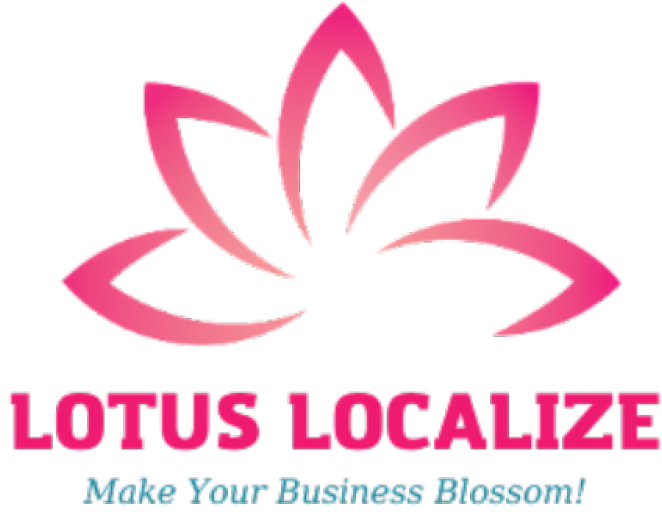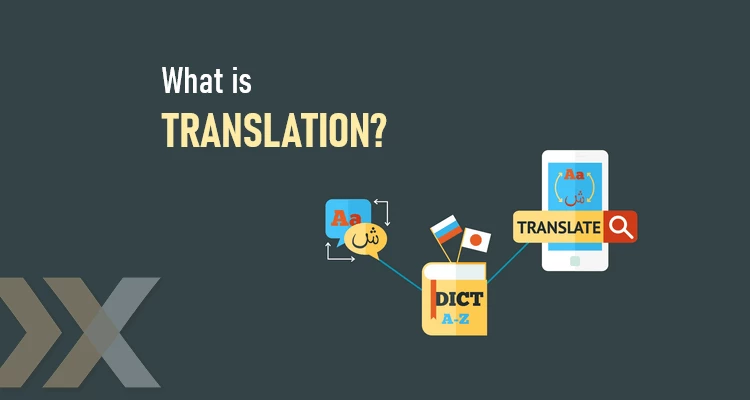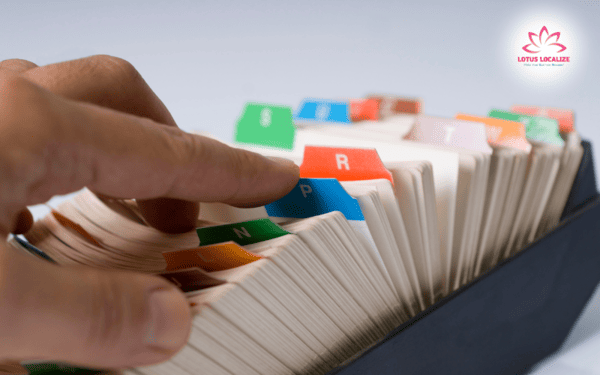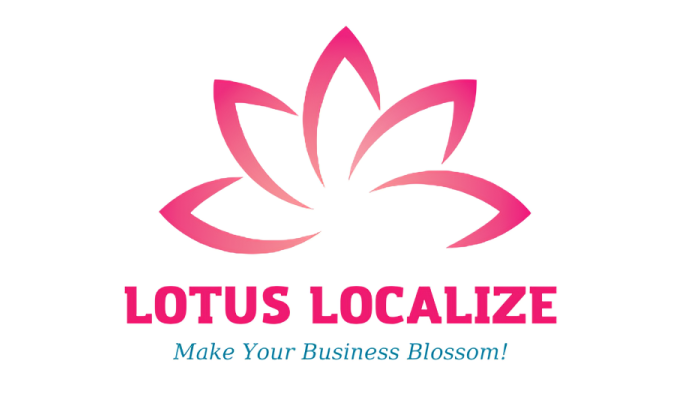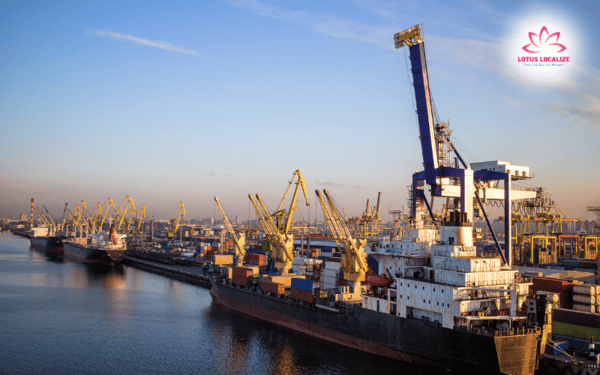
Marine engineering translation for seamless international projects
In the global maritime industry, where vessels navigate vast oceans and connect nations, effective communication is crucial. Marine engineering is a complex field that involves intricate technical specifications, international safety regulations, and high-value contracts. To bridge the gap between different languages and ensure seamless collaboration, marine engineering translation emerges as a vital service. From shipbuilding blueprints to safety protocols, precise translation is necessary to maintain accuracy and avoid costly errors. This article explores the significance of marine engineering translation and how it drives success in global maritime projects.
What is marine engineering translation?
Marine engineering translation is the process of accurately converting technical documents, blueprints, operation manuals, and safety protocols related to marine engineering projects from one language to another. This specialized field requires not only linguistic expertise but also a deep understanding of marine engineering concepts, technical specifications, and international maritime regulations.

Typical documents that require marine engineering translation include:
- Shipbuilding blueprints and design plans
- Engine specifications and maintenance manuals
- Safety operation guidelines
- Environmental compliance reports
- Inspection and audit documentation
- International contracts and agreements
These documents are critical for the construction, operation, and maintenance of vessels, offshore platforms, and marine equipment. Therefore, any error in translation can lead to severe consequences, including safety risks, non-compliance with regulations, and financial losses.
Read more: Chemical engineering translation: Bridging science and language for global innovation
Why marine engineering translation services are essential for global maritime success
Effective marine engineering translation services are key to ensuring smooth, efficient, and safe operations in the global maritime industry. These services facilitate communication across borders, ensuring that critical technical information is accurately conveyed and understood by all stakeholders involved in a maritime project.
Breaking language barriers in international maritime projects
Marine projects often involve teams from different countries. Accurate marine engineering translation allows seamless communication across language barriers, ensuring that technical documents, contracts, and operational guidelines are understood by all stakeholders. This is vital for preventing costly errors, misunderstandings, and delays in global maritime projects.

Ensuring compliance with global maritime regulations
The maritime industry operates under strict international regulations, such as those from the International Maritime Organization (IMO). Translating safety procedures, environmental impact assessments, and inspection reports accurately is essential for compliance. Professional translation services help prevent legal issues, fines, or operational disruptions by ensuring that all documentation meets global standards.
Minimizing costly errors and miscommunications
Marine engineering involves complex technical specifications that must be communicated clearly. Even minor misinterpretations of documents, like maintenance manuals or engineering plans, can lead to costly mistakes, delays, and safety risks. Professional marine engineering translation ensures that technical terms and details are consistently and accurately translated, minimizing these risks and maintaining the project’s integrity.
In conclusion, investing in high-quality marine engineering translation services is crucial for the success of any maritime project. By ensuring clear communication, regulatory compliance, and minimizing risks, these services support the smooth operation and global success of maritime ventures.
Read more: Mechanical engineering translation: A complete guide for accuracy and success
What makes a great marine engineering translation service?
In the highly technical and globally connected field of marine engineering, not all translation services are created equal. A truly exceptional marine engineering translation service goes beyond mere word conversion—it ensures clarity, precision, and compliance across international borders. Here are the key qualities that set the best providers apart:
Industry expertise that speaks the language of the sea
A competent translation provider understands the technical complexities of marine engineering and has experience with global maritime projects. This expertise ensures that all technical terminology is translated accurately.
Unwavering accuracy and consistency across all documents
Precision is key in marine engineering. A slight inconsistency in terminology or measurements can cause critical failures. Professional marine engineering translation services guarantee consistency across all documentation, preventing errors.
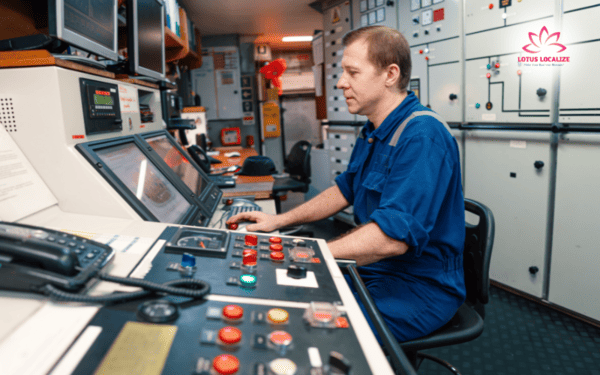
Global multilingual support for seamless cross-border collaboration
The maritime industry operates across continents. A trusted translation service provides multilingual translation services that support global communication, enabling smooth collaboration between international partners.
Data confidentiality and security – Protecting sensitive maritime information
Technical documentation and design blueprints contain sensitive information. A reliable marine engineering translation service prioritizes data security to protect intellectual property and confidential details.
A great marine engineering translation service is more than just a language bridge—it is a strategic partner that safeguards global projects through accuracy, security, and expertise. When quality and precision matter, choosing the right translation partner can be the difference between smooth sailing and rough waters.
How to choose the right marine engineering translation partner
Selecting the right translation partner is crucial for project success. Here are key factors to consider:
- Industry expertise: Look for providers with experience in marine engineering.
- Technical knowledge: Ensure translators understand technical terminology and maritime regulations.
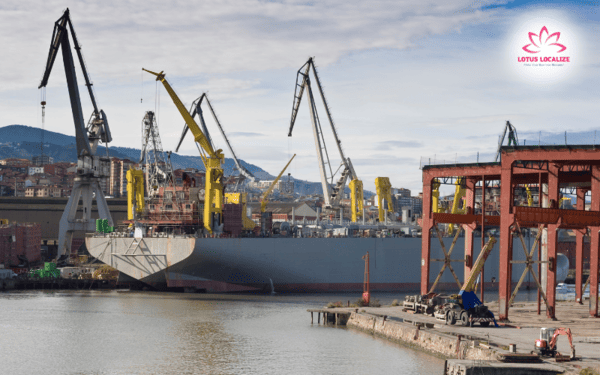
- Quality assurance: Choose a partner with a rigorous QA process to prevent errors.
- Global reach: Opt for services that offer multilingual support for seamless international operations.
- Confidentiality policies: Verify that data protection measures are in place.
By choosing the right partner, companies can ensure that their marine engineering projects are understood clearly across all borders, promoting safety and compliance.
Marine engineering translation is more than just converting words from one language to another; it is the backbone of global maritime operations. Accurate translation ensures regulatory compliance, minimizes risks, and bridges language barriers, allowing maritime projects to succeed across international waters. As the maritime industry continues to expand globally, the demand for precise and professional marine engineering translation services will only grow.
Build your next marine project on clarity and global compliance with Lotus Localize—the expert in marine engineering translation you can trust.
If you have any questions or need assistance with document translation services for many industries: life sciences translation, education translation, technology translation, financial translation, marketing translation, manufacturing translation, government translation,… and interpretation services: escort interpreting, simultaneous interpretation, remote interpretation, and localization services: software localization, game localization, app localization,… please contact Lotus Localize immediately at +84 866 224 968 or visit the website: lotus-localize.com for advice on the best solutions!
QUALITY PROMISE
Lotus Localize offers consistent, high-quality service delivery in all customer engagements. Our in-house translators and staff adhere to well-established business processes, allowing us to communicate properly, deliver on time, and surpass client expectations.
